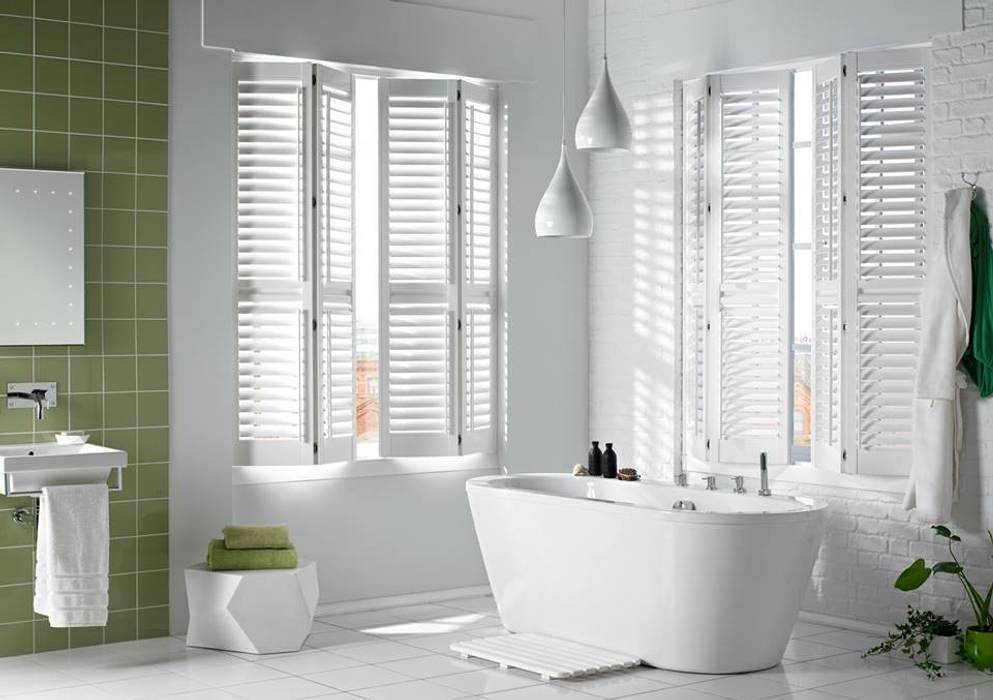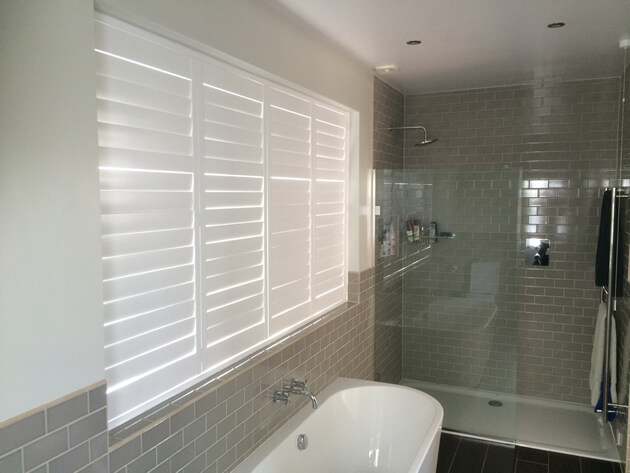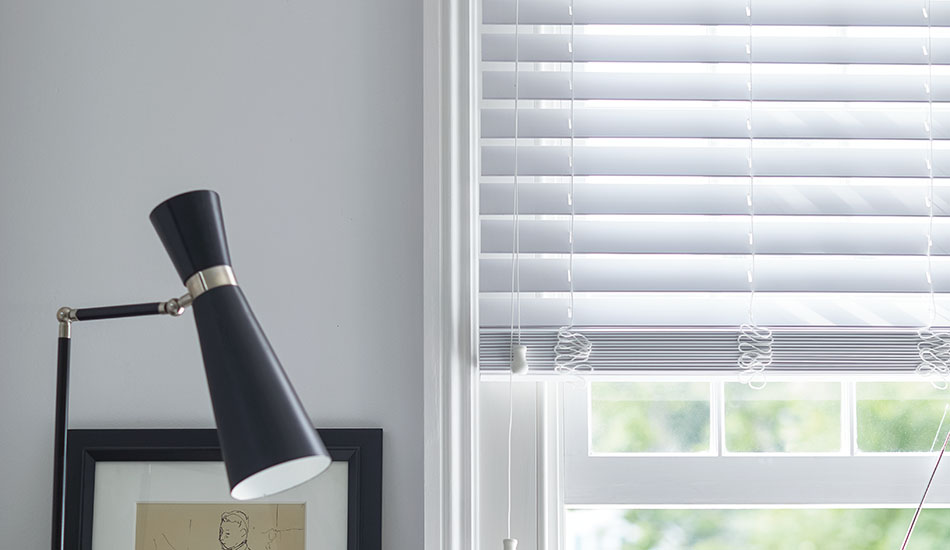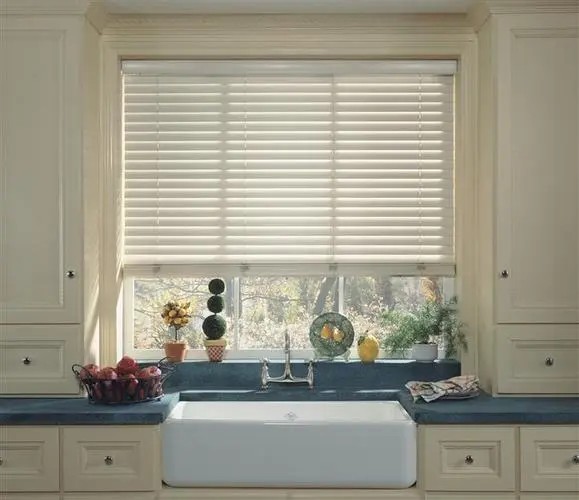When it comes to window treatments, homeowners and decorators often find themselves comparing PVC Shutters with their traditional timber counterparts. While both materials offer distinct aesthetic appeal and functional benefits, this article delves into the unique aspects of PVC Shutters, focusing on their application scenarios, advantages, and why they might be considered a better choice in certain situations.

PVC Shutters: The Ideal Solution for Various Settings
PVC Shutters have proven to be versatile enough to fit seamlessly into numerous environments. They are especially well-suited for high-humidity areas such as bathrooms, kitchens, and laundry rooms where timber can warp or rot over time due to moisture exposure. Furthermore, these synthetic shutters are perfect for coastal homes, where saltwater corrosion is a concern, and also excel in children's bedrooms and play areas because of their resilience to wear and tear.
Advantages and Benefits of Choosing PVC Shutters Over Timber
1. Durability and Longevity: Unlike timber that may crack, fade, or peel under harsh conditions, PVC Shutters are designed for longevity. Made from durable polyvinyl chloride, they resist damage from water, humidity, and UV rays, ensuring a longer lifespan.
2. Low Maintenance: Unlike wooden shutters that require regular sanding, staining, or painting, PVC Shutters are incredibly easy to clean and maintain. A simple wipe down with a damp cloth is all that's needed to keep them looking new.
3. Cost-Effective: In many cases, PVC Shutters present a more budget-friendly option compared to premium hardwood shutters. Despite being cost-effective, they still provide a stylish, high-quality finish without compromising on functionality.
4. Design Flexibility: PVC Shutters come in a wide array of colors and finishes, allowing them to mimic the look of timber while offering additional design versatility. Moreover, they are available in custom sizes and shapes to fit non-standard windows.
5. Environmental Considerations: Although PVC is not a renewable resource, many modern PVC Shutters are made from recycled materials and can be recycled at the end of their lifecycle. Additionally, their durability means fewer replacements, which reduces waste overall.
Comparing PVC to Timber Shutters: Where PVC Shines
While timber shutters do bring an undeniable warmth and authenticity to interiors, PVC Shutters have several advantages that could make them a superior choice:
- Moisture Resistance: Unlike timber, PVC Shutters do not absorb moisture, making them impervious to rot, warping, or mold growth.
- Stability in Temperature Changes: PVC Shutters exhibit less expansion and contraction than timber in fluctuating temperatures, ensuring consistent performance throughout the year.
- Hypoallergenic Properties: PVC does not harbor dust mites or allergens, making it a healthier choice for allergy-prone households.
In conclusion, whether PVC Shutters are indeed "better" than timber shutters depends on individual preferences, specific needs, and environmental factors. For those seeking a low-maintenance, cost-effective, and highly durable solution that can withstand challenging conditions, PVC Shutters might very well be the optimal choice. It's crucial to weigh the pros and cons of each material according to your own priorities before making a decision. Ultimately, both PVC and timber shutters can enhance the aesthetics of a home; however, PVC Shutters' resilience and practicality shine through in many contemporary settings.









